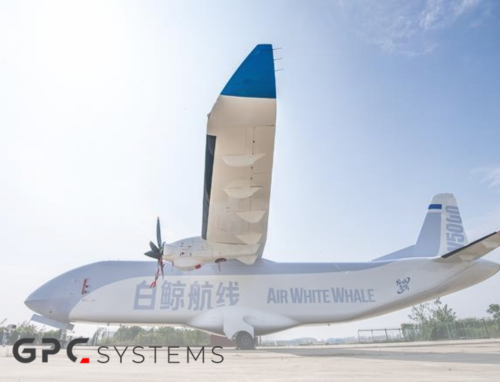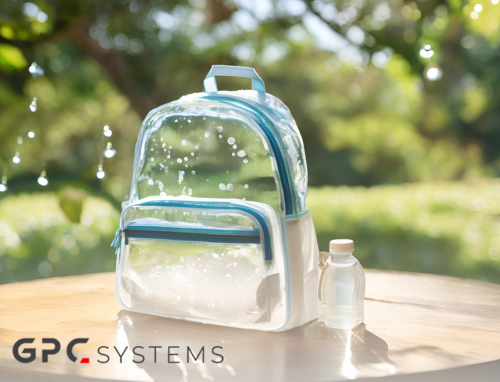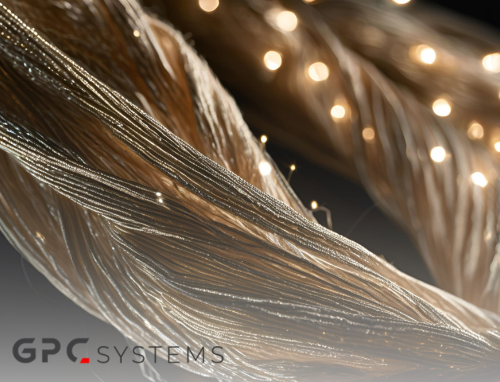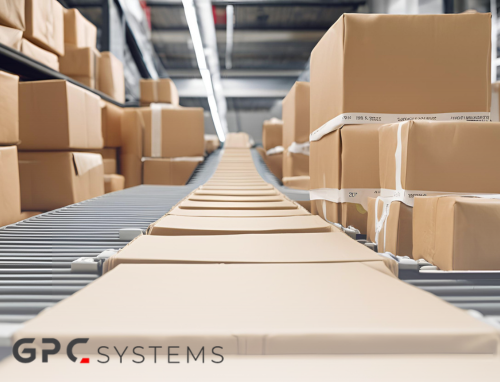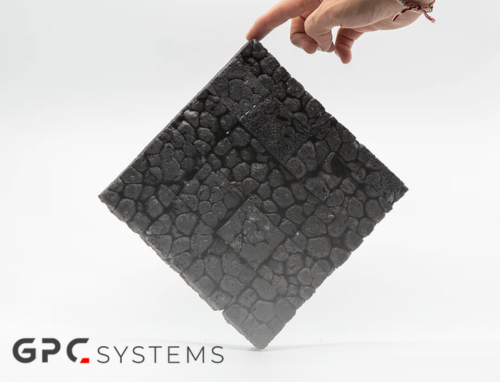
Carbon Cell: Innovative Eco-Friendly Packaging in Logistics
In an era where environmental consciousness is paramount, innovative companies like Carbon Cell are leading the charge in transforming the packaging industry. Their ground-breaking alternative to traditional polystyrene is set to make waves in the logistics sector, offering a sustainable solution that doesn’t compromise on performance.
The Problem with Polystyrene
Polystyrene, commonly known as Styrofoam, has long been a staple in packaging due to its lightweight and insulating properties. However, its environmental impact is devastating:
Extremely Slow Decomposition
Polystyrene is notorious for its durability and resistance to natural decomposition. Estimates suggest that it can take as long as 500 years for polystyrene to break down in the environment. This timeframe is likely an understatement; in many cases, polystyrene does not fully decompose at all. Instead, it fragments into smaller pieces known as microplastics, which can persist indefinitely in ecosystems. These microplastics pose significant threats to wildlife and marine life, as they can be ingested and enter the food chain.
Massive Landfill Accumulation
The sheer volume of polystyrene waste is staggering. Approximately 14 million tonnes of this material are discarded into landfills each year. This figure highlights a pressing environmental issue, as polystyrene is lightweight yet bulky, taking up a disproportionate amount of landfill space compared to its weight. Moreover, this accumulation creates long-term waste management challenges, as the material remains intact for centuries. In the United States alone, billions of single-use polystyrene items—like cups and food containers—are thrown away annually, contributing significantly to this ongoing crisis.
Harmful Production Process
The production of polystyrene is not only energy-intensive but also involves the use of fossil fuels and various harmful chemicals. During its manufacturing process, substances such as styrene—a known carcinogen—are released into the atmosphere. This poses health risks not only to factory workers but also to nearby communities. Furthermore, the energy required for production contributes to greenhouse gas emissions, compounding the environmental impact. Once in landfills, polystyrene can leach toxic compounds into soil and groundwater, further endangering ecosystems and human health.
Carbon Cell: A Game-Changing Solution
Carbon Cell’s patent-pending technology offers a revolutionary alternative to polymer-based foams. Here’s why it’s transforming the logistics industry:
Carbon Negative
Unlike traditional packaging materials, Carbon Cell actually removes more CO2 from the atmosphere than it produces during manufacturing.
High Performance
Carbon Cell boasts impressive thermal conductivity and is three times stronger than EPS (expanded polystyrene) and other bio-based alternatives. This ensures that goods remain protected throughout the supply chain.
Versatility
The flexible manufacturing process allows Carbon Cell to be formed into various customisable geometries, making it suitable for a wide range of packaging applications.
Fully Compostable
Perhaps most impressively, Carbon Cell is compostable under home composting conditions, addressing the end-of-life concerns that plague traditional packaging materials.
The Future of Eco-Friendly Packaging in Logistics
The logistics industry is increasingly recognising the importance of sustainable packaging solutions. As consumers and businesses alike demand more environmentally responsible practices, companies like Carbon Cell are paving the way for a greener future in shipping and packaging.
By adopting eco-friendly packaging materials, logistics companies can:
– Reduce their carbon footprint.
– Meet growing consumer demand for sustainable practices.
– Comply with increasingly stringent environmental regulations.
– Potentially reduce costs associated with waste management.
GPC: Embracing the Eco-Packaging Revolution
At GPC, we’re thrilled to see the emergence of innovative, eco-friendly packaging solutions like Carbon Cell. As a company committed to optimising logistics operations, we recognise the transformative potential of sustainable packaging in our industry. The rise of companies like Carbon Cell signals a new era in packaging and logistics. As we move away from environmentally harmful materials like polystyrene, we open the door to innovative, sustainable solutions that benefit both businesses and the planet. At GPC, we’re excited to be part of this transformation, providing the tools and insights needed to embrace eco-friendly packaging in the logistics industry.

